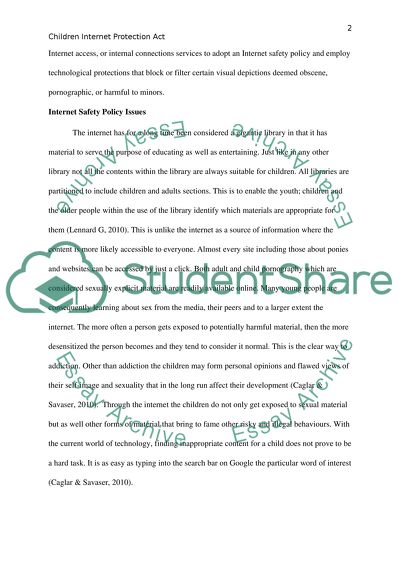Cite this document
(“CIPA/Children's Internet Protection Act Research Paper”, n.d.)
Retrieved from https://studentshare.org/law/1472221-cipa-children-s-internet-protection-act
Retrieved from https://studentshare.org/law/1472221-cipa-children-s-internet-protection-act
(CIPA/Children'S Internet Protection Act Research Paper)
https://studentshare.org/law/1472221-cipa-children-s-internet-protection-act.
https://studentshare.org/law/1472221-cipa-children-s-internet-protection-act.
“CIPA/Children'S Internet Protection Act Research Paper”, n.d. https://studentshare.org/law/1472221-cipa-children-s-internet-protection-act.


